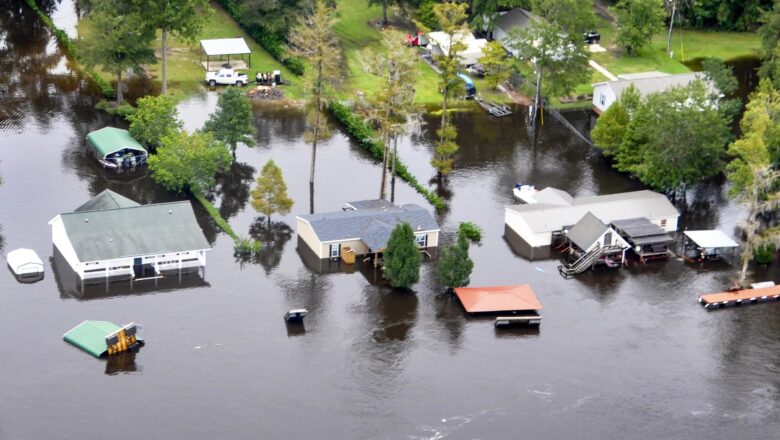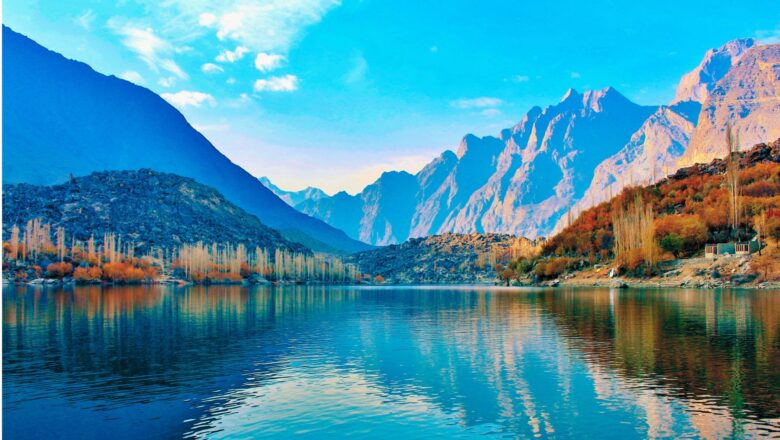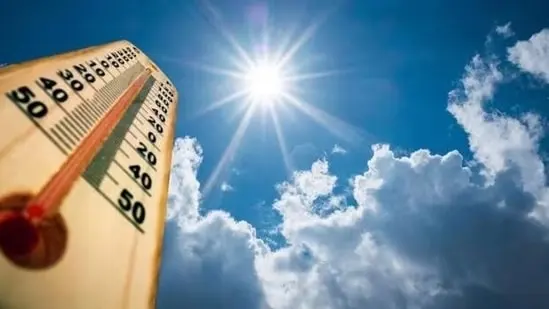
Dangerous Winds Fuel Deadly Los Angeles Wildfires, Death Toll Rises
Los Angeles is battling devastating wildfires as officials warn of "dangerous and strong" winds threatening to intensify the infernos that have already claimed 16 lives. Thousands have been displaced, with entire neighborhoods reduced to ashes and firefighters struggling to contain the relentless flames.
The Palisades Fire, the largest blaze, has consumed 23,600 acres and is just 11% contained. It continues to spread, posing a grave threat to the Getty Center art museum and the San Fernando Valley. Meanwhile, the Eaton Fire has scorched 14,000 acres with only 15% containment.
FEMA head Deanne Criswell emphasized the ongoing danger, warning that gusts could reach 50 mph, further fueling the wildfires. Though a brief lull offered hope, forecasters predict winds will pick up again overn...









